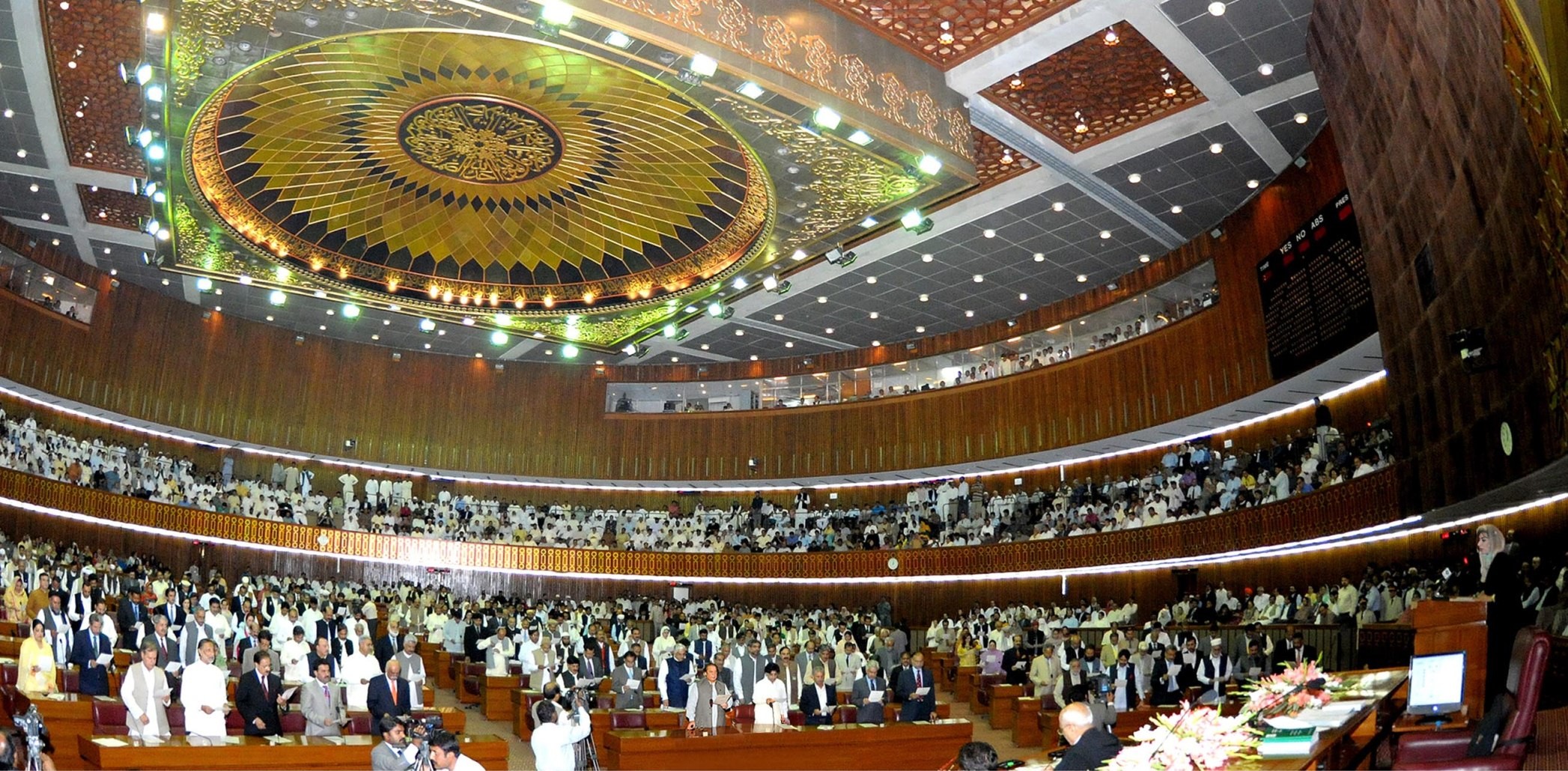
Dividing the country into dozens of autonomous provinces should be the starting point for the new government

Pakistan is a republic for namesake and parliamentary democracy by constitution. In practical, it is none of the two.
Greek philosopher Plato, in his public ‘Republic’, defines this system as the government of the people, by the people and for the people. The definition has the substance to call it democracy. In practical term, ‘the government of the people, by the people and for the people’ did not exist in his days and not even today largely in the developing countries. If in old days, it was aristocracy rather than democracy, in the contemporary age, it is still the aristocracy or may be oligarchy in a broader sense, and not democracy.
In a republic or democracy, people are lured to vote for the ‘pivots’ and choose them as their representatives, but at the end the public representatives use all their energies to enhance their money, influence and power without any idea of the people’s welfare in their minds. In most of the developing countries, democracy is the system designed and defined by the colonial masters and the nations, including Pakistan, have failed to devise their own system on the basis of ground realities.
Republic and parliamentary democracy: A fine line divides the two systems in practical term though apparently both are the forms of government based on people’s representation.
A republic is the system of the government where rights of weak, vulnerable and minority groups are protected by the law and constitution. In a parliamentary democracy, majority is the authority and it can bulldoze the rights and privileges of the minority groups anytime.
Ironically, Pakistan has been shifting from republic to democracy and vice versa from early days of its constitution and, one way or the other, this process is continuing even today. Pakistan has been a testing lab by civil and military dictators to introduce their own versions of democracy and political systems since 1971 after separation of East Pakistan.
In Zulfikar Ali Bhutto’s days, the president was rendered as a worthless entity and all the powers were concentrated in the hands of the prime minister. The president was not worth more than a rubber stamp and even he was ridiculed in public on occasions. May be it was the worst kind of parliamentary democracy where opposition was also pushed to the wall. In reaction, the opposition did not compromise on less than his death.
In the eras of Ziaul Haq and Ghulam Ishaq Khan, conditions changed altogether as all the powers rested in the hands of the presidents and worth of the elected prime ministers were nothing, but rubber stamps. The so-called parliamentary democracy could not survive during military dictatorship of Haq and civilian dictatorship of Khan.
Again, both Benazir Bhutto and Nawaz Sharif were lucky to install their own party workers at the presidency, but both could not protect their governments and not only had they lost their respective governments, but also had to leave the country to live in exile.
In times of Pervez Musharraf and Asif Ali Zardari, all the powers were in the grip of the presidents and the worth of the prime ministers were again lowered to the level of rubber stamps. After the 2013 elections, Sharif was lucky enough to become an all-time powerful prime minister and installed his own party worker as the president, but it could not save him from disqualification. The power has been shifting hands between Presidency and the Prime Minister’s House and the general public is the ultimate looser.
It is difficult to understand who declared Pakistan as the parliamentary democracy which had a presidential form of government in the past. The parliamentary democracy fails to deliver in Pakistan where provinces have unproportational structure, federal territories are ungovernable, ethnicity is deep rooted, parochialism is at its peak, religious extremism is unbridled and writ of the government is absent in most of the cases and most of the places.
When Punjab is the province with 60 per cent population, Balochistan has only 7 per cent population, covering 40 per cent area of the country. When Baloch and Pashtun are proud of their warrior nature, Sindhis, Punjabis, Gilgitis, and Urdu speaking claim both intellectualism and jingoism. If one group is proud of its ethnicity and ancestry, the other is not less proud of its own version of bravery and gallantry.
A sense of deprivation prevails in every part of the country and economic disparities are leading the nation towards different directions. In this situation, fitting the parliamentary democracy in Pakistan is like fitting a square peg into a round hole.
Every patriotic Pakistani is ever ready to give a befitting response to the Indian slur that Pakistan is a "failed state", but an idea of change to correct and reform the democratic system never entered the minds of Pakistani intelligentsia, civil society, and political scientists. People need good living standard, better economy, right to hold natural resources in their respective areas and a sense of participation in the government business. But the nation is going from bad to worse situation with every passing day and the political elite has nothing on its mind, but to grab power by all means. Pakistan has become a battleground for political rivals and anti-Pakistan forces are ready to find their role to aggravate the situation. When countries fall into civil war, the elite classes fly to their homes abroad, leaving the general public to bear the brunt of hunger, poverty and destruction.
The new government must revise and set priorities to maintain equilibrium in various segments and parts of the country. The sense of deprivation would not end with good statements and hollow promises, but involving the general public in the government affairs. This can only be made possible by dividing the country into dozens of autonomous provinces ruled by local governors and securing the rights of minorities and less-privileged classes.